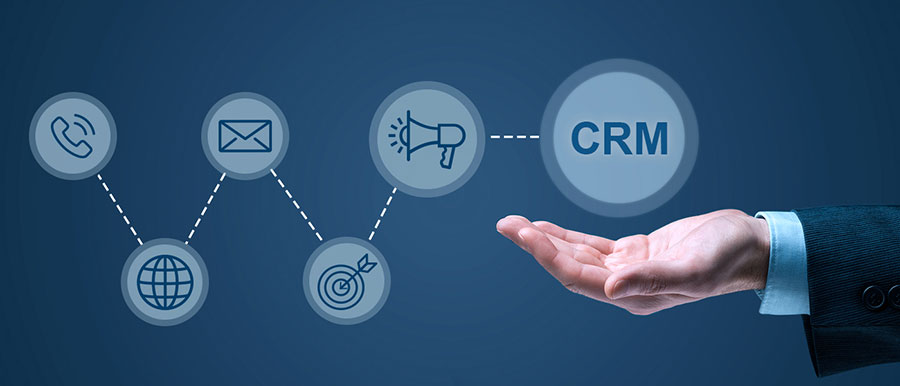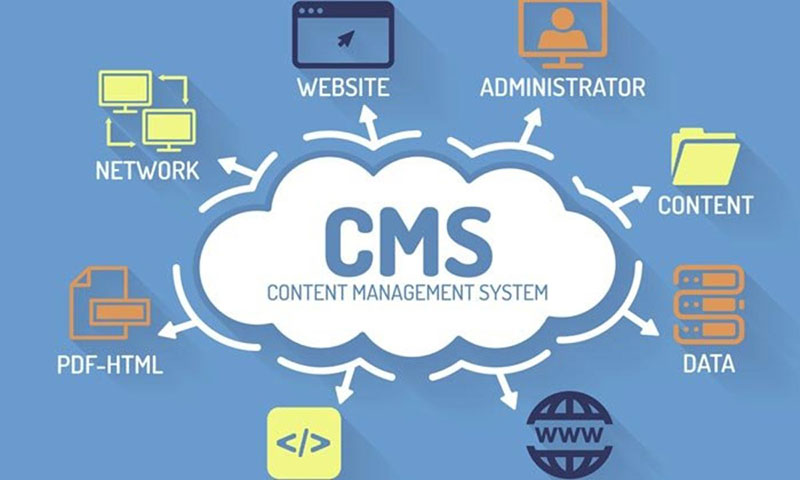In today’s digital age, businesses face the decision of choosing between a Customer Relationship Management (CRM) system or a Content Management System (CMS). But what are the key differences, and which one should you pick? The answer depends largely on your business goals and needs.
At Digilytics, we believe that both CRM and CMS platforms are essential for modern businesses. Let’s explore the features and benefits of each to help you make the right choice.
What is CRM?
A CRM system is designed to help businesses manage interactions with existing and potential customers. By storing customer data, tracking interactions, and automating various processes, a CRM system helps businesses improve relationships and streamline sales efforts.

Popular CRMs like Salesforce, HubSpot, and Zoho allow businesses to track customer journeys, segment audiences, and automate communications. Here’s what CRMs do:
- Lead Management: Track and nurture leads through the sales funnel.
- Sales Automation: Automate repetitive tasks like follow-up emails and reminders.
- Customer Insights: Gain insights into customer behaviour, purchase history, and preferences.
- Customer Support: Provide better customer service with an organized database of customer interactions.
What is CMS?
On the other hand, a CMS (like WordPress, Shopify, or Wix) allows businesses to create, manage, and publish content on their websites. While a CRM helps with customer interactions, a CMS focuses on website content creation and management.

A CMS provides the following benefits:
- Website Management: Easily update and manage content, such as blogs, pages, and product listings.
- SEO Optimization: Tools for SEO optimization, improving website visibility on search engines.
- Customization: Flexible design and themes allow businesses to tailor websites to their brand.
- E-commerce Integration: Platforms like Shopify allow businesses to run online stores with ease.
CRM vs. CMS: Which One Should You Choose?
The choice between CRM and CMS largely depends on your objectives:
- Focus on Customer Relationships (CRM): If your goal is to manage and improve customer relationships, a CRM system is crucial. It helps in sales management, customer service, and overall client retention.
- Focus on Content and SEO (CMS): If your priority is creating and managing website content to drive organic traffic, a CMS is a better fit. It’s especially useful for businesses focusing on content-driven marketing strategies.
The Case for Both
While CRM and CMS systems serve different purposes, they can complement each other. Many businesses, including those we work with at Digilytics, benefit from using both systems. For example, by integrating your CRM with your CMS, you can personalize the content on your website for specific customer segments, providing a seamless customer experience.
A CRM helps businesses track and engage their customers, while a CMS ensures that the content they interact with is dynamic, engaging, and optimized for SEO. Integration between both platforms leads to better lead nurturing, increased conversions, and a more effective content strategy.
Final Thought
In today’s fast-paced digital world, businesses need both CRM and CMS systems to thrive. While CRMs help manage customer relationships and streamline sales processes, CMS platforms enable businesses to create content that engages and informs. The key is to understand the specific needs of your business and choose the platforms that will help you achieve your objectives. Ideally, using both CRM and CMS will provide you with the best tools to manage your marketing and customer relationships effectively.







